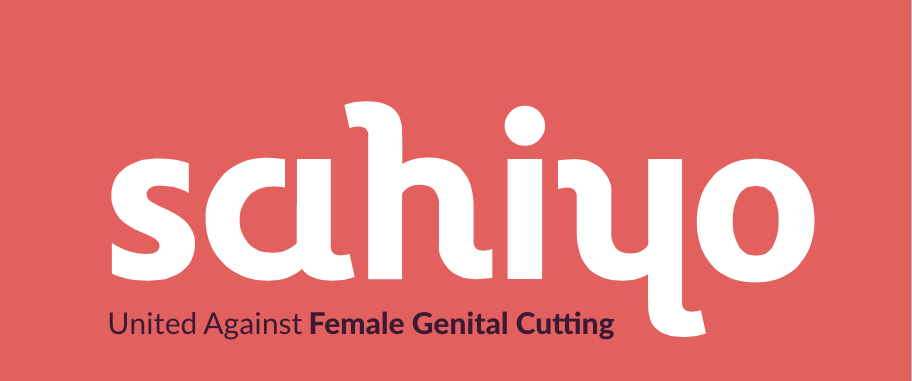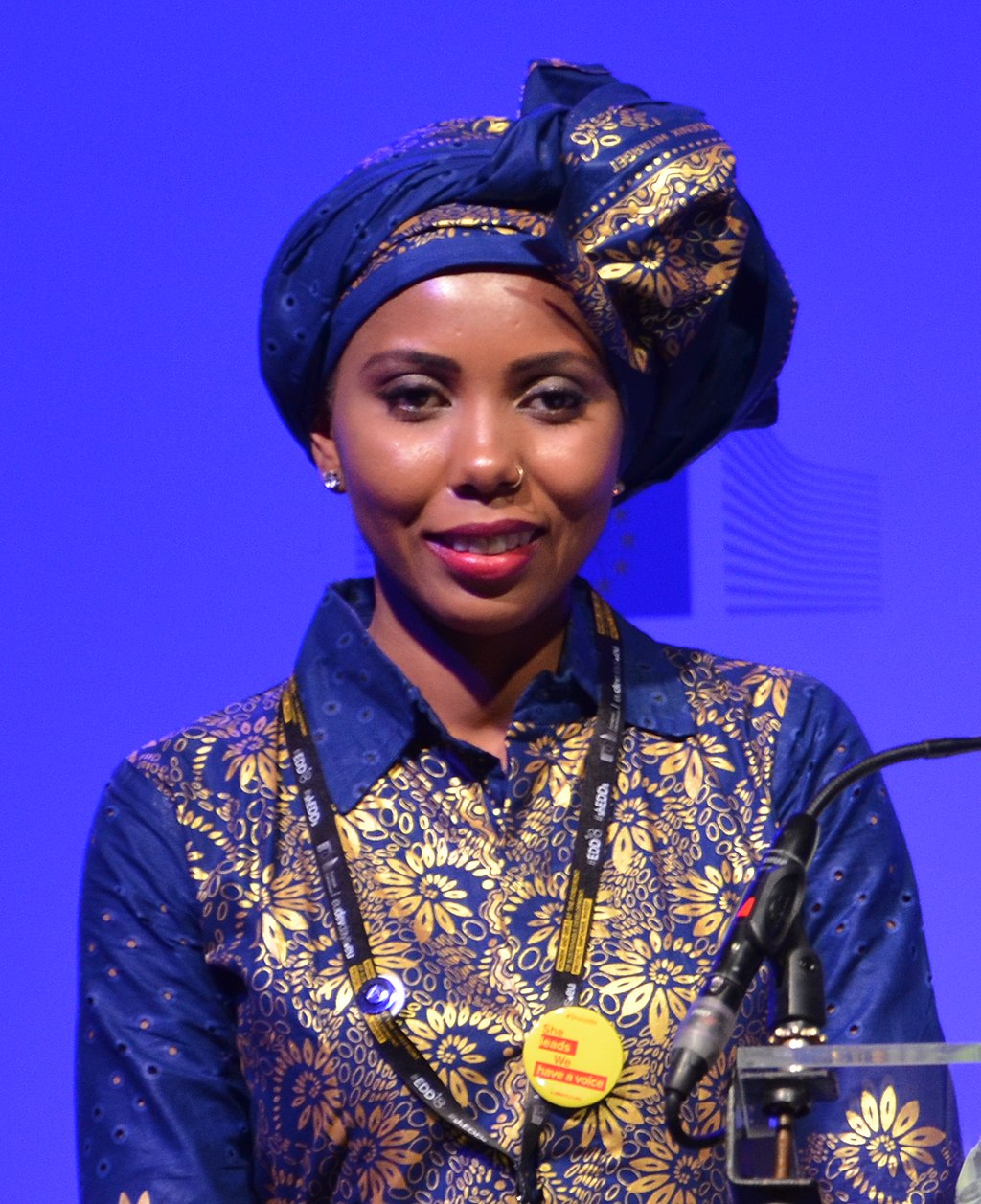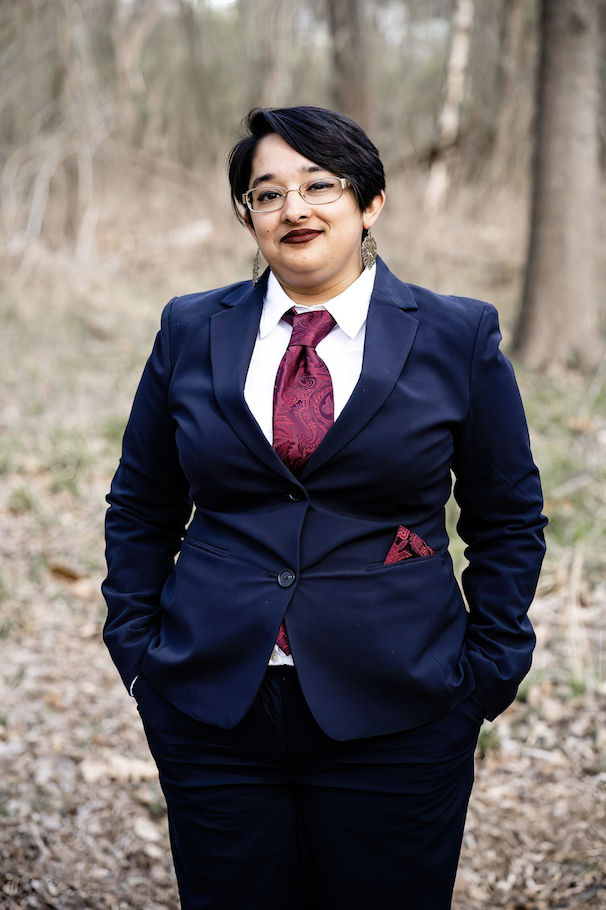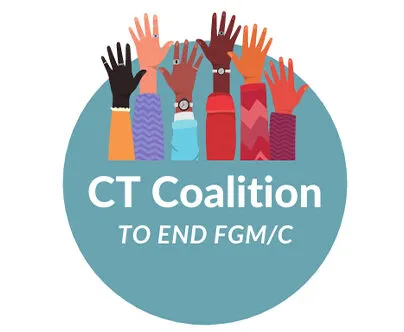By Juliet Shires
Recently, policy interns at Sahiyo have been interviewing members of the Connecticut (CT) Coalition to End FGM/C to learn more about each individual and to better understand all the important work they contribute towards ending FGM/C. The information below comes from an interview between Sahiyo’s former policy intern, Azalieh Erawoc, and CT Coalition member, Jo Keogh.
Jo Keogh, a member of the Advisory Board at Sahiyo, is a founding member of the Connecticut Coalition to End FGM/C. She is passionate about issues surrounding the practice of FGM/C due to her background as a mental health counselor working with women with post-traumatic stress disorder resulting from gender-based violence.
“Trauma is one of the biggest issues we have to deal with personally, societally, globally," says Keogh, "I feel that it influences a lot of what is going on in the world today…without systemic change, healing on an individual level becomes impossible for a lot of populations.”
Keogh got involved with FGM/C advocacy after reading about how a 2017 Michigan case overturned federal law, resulting in states being responsible for criminalizing FGC and conducting educational outreach. Keogh looked for a Connecticut law to protect those at risk of undergoing the procedure, but there were none. This inspired her to search for any bills about the issue in her state. Eventually, she reached out to Mariya Taher and Sahiyo after seeing their success in Massachusetts, and thus, the Connecticut Coalition to End FGM/C was born.
Keogh emphasized the need for better education surrounding FGM/C for meaningful change.
“Education is everything," says Keogh."In a perfect world, I wouldn’t have a job anymore…I wouldn’t be working with discrimination claims during the day and I wouldn’t be working with traumatized women at night. None of that would be necessary”.
Keogh herself admits that at the beginning she didn’t know much about FGM/C, assuming it was a practice that didn’t occur in today’s world, let alone in the United States.
“95% of what I know now about FGM/C, I didn’t know at the beginning. I just knew I didn’t want it to happen in my state…like me, the mass majority of people in this country have no idea what’s going on.”
Keogh emphasizes the need for better education around FGM/C, explaining that many people ignore issues with an “it doesn’t affect me” attitude. The key is finding a way to educate people in a way that sticks and doesn't just become a social “cause of the moment” to enact long-lasting change.
Furthermore, Keogh recognizes how non-survivors of FGM/C should use their privilege to better educate themselves. She highlights her experiences of “shutting up and observing” when speaking with survivors in order to learn more about how FGM/C has affected others. Keogh has learned we shouldn’t make generalizations when speaking to survivors, and understands that not all women view their experiences as negative (for example, some women who have undergone FGM/C wear their experiences as a badge of honor). Not everyone will agree with the notions you may possess and it is important to remember that when doing this work, any advocacy “always, always, always must be survivor-centered.”
Keogh also discussed the importance of mental health for advocates trying to improve laws around FGM/C.
“I think sometimes with advocacy there’s this sense to be “on” all the time [...] and to keep fighting until it’s done," she says. "And I think it’s really important to give ourselves permission to tag out for periods of time without feeling guilt or that we’re “not doing enough."
“It’s important to figure out how much of yourself you can give at any point in time and to honor that," she continues. "And not have guilt around that. If we come into the fight with a quarter of ourselves we’re just going to get knocked out. So, if we have to tag out, it’s ok. We can always come back in. It doesn’t mean we don’t care, it doesn’t mean we’re not passionate, it just means that we’re human”.
Keogh encourages anyone who wants to be involved to participate knowing everyone has a unique set of skills to bring to the Coalition:
“All of us have a particular constellation of knowledge that nobody else on the planet has. Advocating from that place is, I think, really powerful”.
Looking forward, Keogh is optimistic about the future of legislation in Connecticut and the work ahead of the Connecticut Coalition.
“What I’m seeing is women legislators, specifically, getting angry… Anger is one of my favorite emotions. I think anger is the emotion that is the closest to love, because we only get angry about what we value, [so if] they’re angry about it, it means they value the issue. They value the idea that women and girls should have protections against being cut in this state. Passivity is the death of an issue.”
We would like to thank Jo Keogh for taking the time to sit down with our policy intern and for her continued work with the CT Coalition. To see the other interview spotlights we’ve conducted click here.
Want to get involved?
- Visit https://endfgmcinct.com/ for more information or contact the CT Coalition
- Volunteer with Sahiyo
- Sign the petition to end FGM/C in CT








